Deliberate Practice for Coaches
I just finished Talent is Overrated and just starting the Bounce
as recommended by Professor Keith Davids in this interview.
All those books (can’t say exactly about the Bounce since I just started it) goes into the nature~nurture debate and shows how innate talent is not enough and the importance of something called deliberate practice (for a short review on what is deliberate practice check this article by Lyle McDonald), along with specific opportunities/support (as outlined in Outliers
). My own model of Expert Performance is depicted below and consists of three groups of constraints that influence the final outcome. I am not going into a further explanation in this article. Maybe some other time.
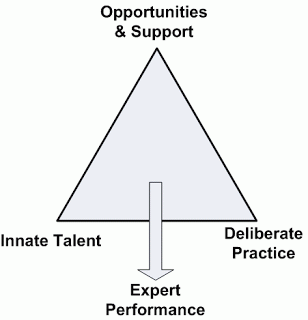
Mladen’s Expert Performance Model
All of the mentioned info goes into how someone develops expertise and we usually refer to the athletes in this case. But what is with the coaches? There are less expert coaches than there are expert athletes, so this may tell us something about how harder it is.
What is takes to become an expert coach? In my opinion, there is no single coaching ability or skill, but rather a certain amount of factors and their structure and relative importance depending on the sport involved and selection involved.
First off, how do we judge who is expert coach? I proposed couple of indicators in What the heck is Periodization article. Second, how do we develop it and how do these constraints influence it?
Without going into further analysis of mentioned three constraints from my “Expert Performance Model” and their complex inter-relation, I would love to ask what is a Deliberate Practice for coaches and how can we implement it with the aim of improving specific coaching skill?
Since coaching compromise of different types of specific skill sets, some of which include:
- Knowledge about the sport and knowledge in the sport
- Leadership, team building and communication skills
- Planning and programming skills
- Selection skills
- Exercise demonstration and motor skill learning skills
- Perceptual skills
- Etc, Etc
my opinion is that we can devise different Deliberate Practices for coaches with the aim of improving cerrtain targeted skills. I am not saying that there is one Deliberate Practice for coaches, but there are rather many of them aimed at improving certain aspects of coaching. Continual learning is also one of the factors.
Today a ‘case study’ approach crossed my mind as a deliberate practice for planning and programming skills. Even if we are spending our time blogging, posting on forums we can still improve this aspect. Putting our selves in the position of the coach and trying to solve a certain ‘case’ can represent deliberate practice. The thing we need to have is a feedback of real coach or real expert coach on the same issue.
What I am proposing is that: (a) instead of asking for money for the advices when someone asks us for a help we should spend some time and put some effort into trying to understand specific situation and find a way in which we can solve it and reflect on it later, and (b) we can help each other by posting specific case studies and comparing the responses of the coaches to the solution someone else did. It takes time and it is not fun at all, but thats what deliberate practice is.
So, I was thinking about posting some ‘case studies’ and collecting the responses over the email so we can compare them. Anyone interested about providing some input on this is welcome to email me at coach.mladen.jovanovic@gmail.com for posting real-life ‘case studies’ so we can collect possible solutions and discuss them.

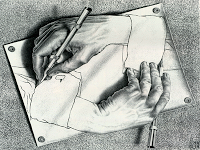
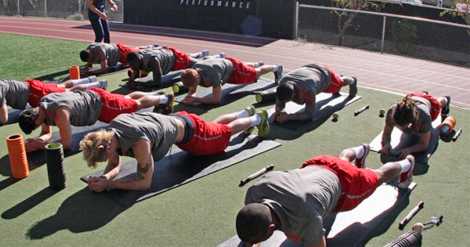

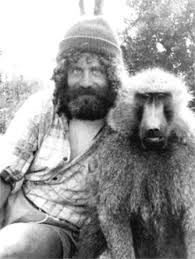





Responses